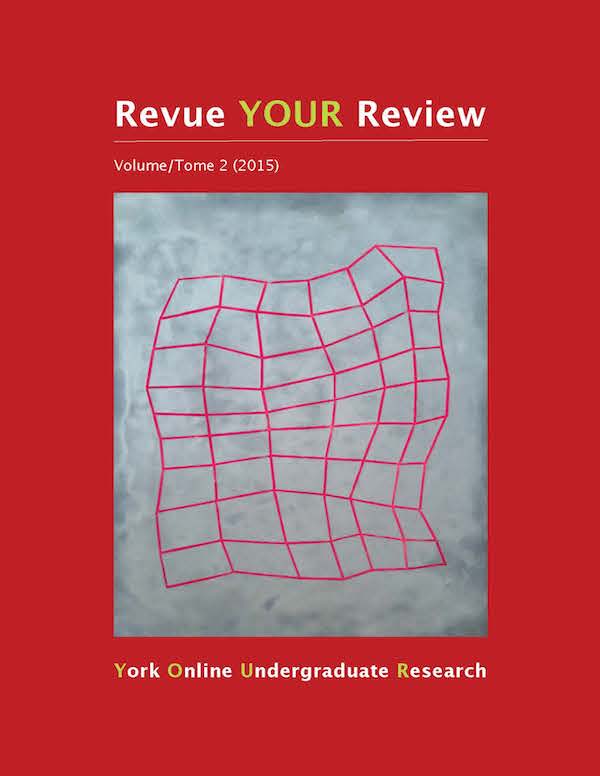Redefining Motherhood: How Reproductive Technologies Change the Way We Think About Motherhood
Mots-clés :
childbirth, IVF, motherhood, reproductive technologies, surrogacyRésumé
This paper examines some of the discourse surrounding notions of motherhood, which, though considered a universal term, is defined by a specific set of characteristics. Traditionally, motherhood is culturally and legally established through genetic kinship claims based on a nuclear family structure, at least in developed countries. Today, however, reproductive technology, such as in vitro fertilization and surrogacy, offers greater opportunities to have a child not only to infertile couples but also to same-sex couples, single parents, or women past childbearing age. These technologies have allowed for a new legitimatization of motherhood, fostering an emerging kind of parenthood, and thereby widening the scope of motherhood to include a wide range of possibilities that no longer rest on simple biological claims and the traditional nuclear family model. This paper therefore challenges what motherhood encompasses and examines how this definition has shifted away from simple genetic ties to more varied and complex structures. Indeed, while the new parents themselves continue to value genetic links, society as a whole must review its conception of the normalcy of “natural” reproduction through the nuclear family structure and embrace motherhood in the only universal definition possible, that of its commitment to raising a child.
Téléchargements
Comment citer
Numéro
Rubrique
Licence
Les auteurs qui contribuent à la Revue YOUR Review acceptent de publier leurs articles selon une des trois catégories de la licence 4.0 : Creative Commons Attribution 4.0 International; Creative Commons Attribution-Pas d'Utilisation Commerciale 4.0 International; ou Creative Commons Attribution-Pas de Modification 4.0 International. Tout contenu éditorial de ce site ainsi que les affiches et les résumés sont sous la licence Creative Commons Attribution-Pas de Modification 4.0 International. Pour plus d’informations, veuillez voir :
https://creativecommons.org/licenses/
Dans tous les cas, les auteurs conservent leurs droits d’auteurs et concèdent à la Revue YOUR Review le droit de première publication. Les auteurs peuvent, par la suite, conclure d’autres accords de distribution non exclusifs de la version publiée dans ce périodique (par exemple, l’afficher à un dépôt institutionnel ou le publier dans un livre ou dans un autre périodique) à condition que la reconnaissance fasse mention de la publication originale dans la Revue YOUR Review.


